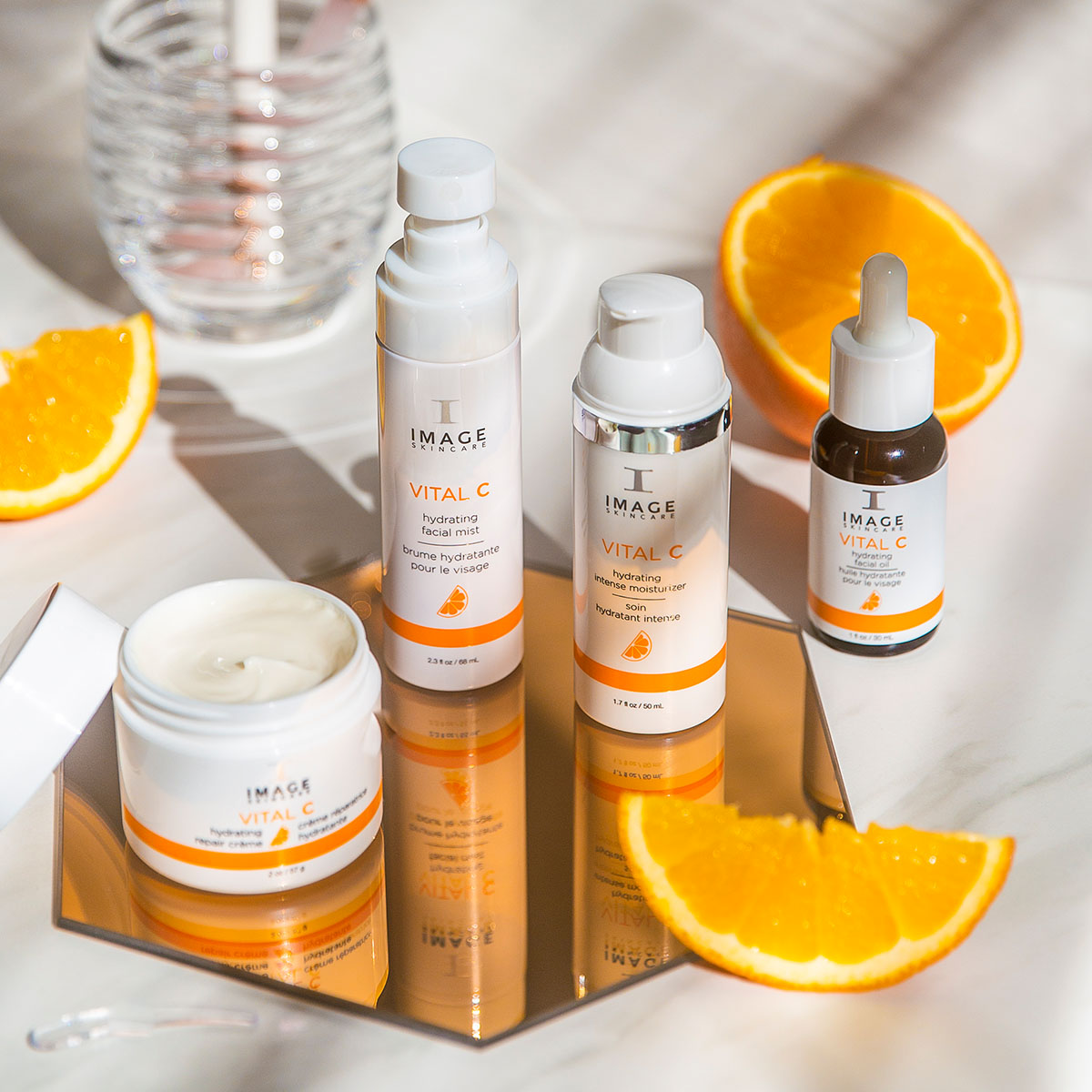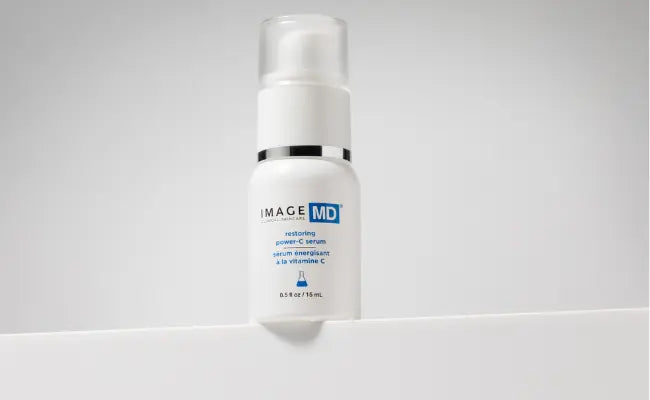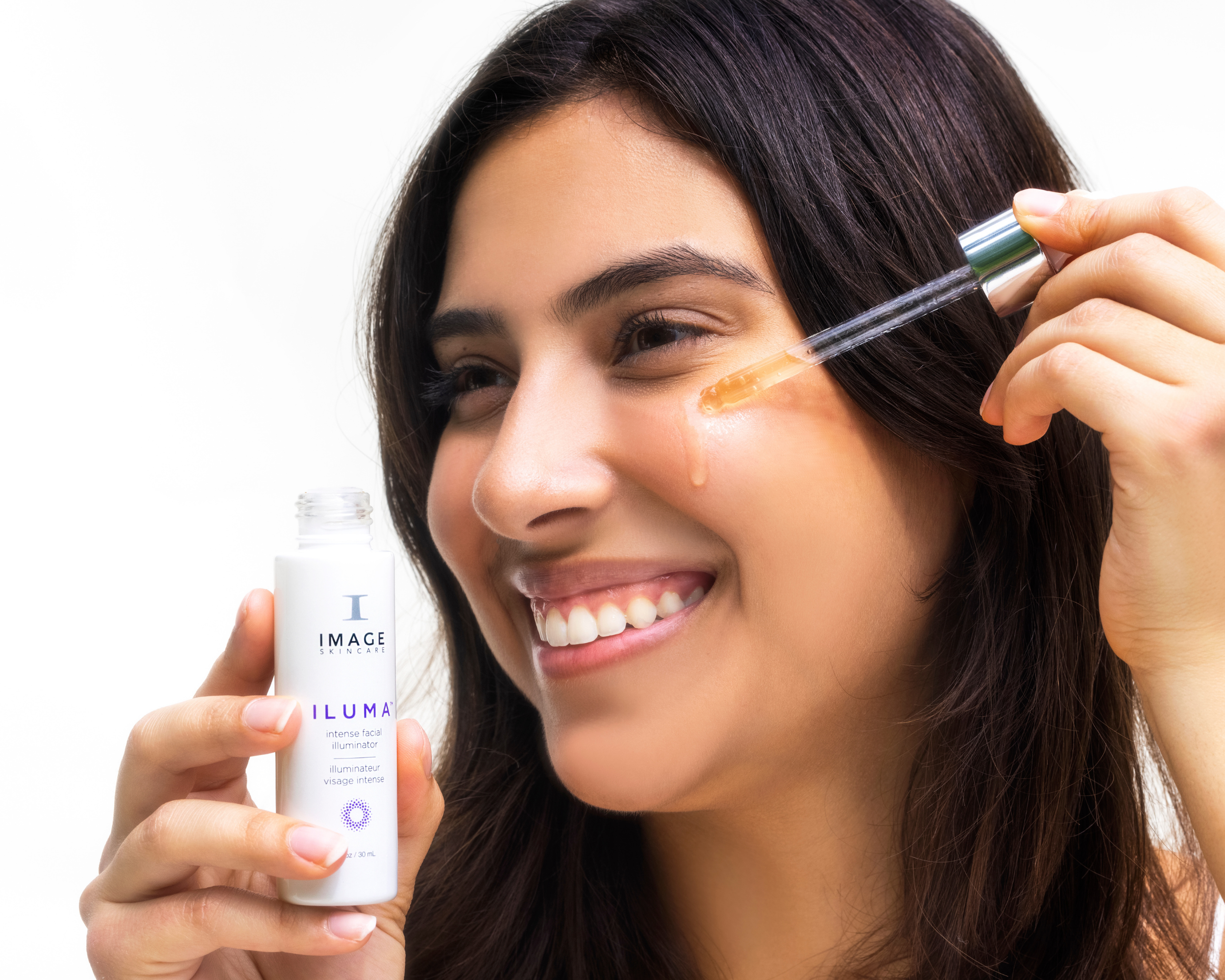
Moisturizer, Cream or Face Oil? Discover What’s Best For You
In the world of skincare, the debate over the best products to use for nourishing, hydrating, and revitalizing your skin can be overwhelming. Enter the trio of skincare superheroes: oils, moisturizers, and creams. Each one plays a unique role in achieving healthy, radiant skin.
While facial oils offer a natural and nourishing way to hydrate the skin, moisturizers work well to lock-in moisture and creams provide more intense hydration. But how do you know which one to use? As with most things in life, it's all about finding the right balance.
In this article, we’ll explore the differences between moisturizers, creams, and oils so you can choose the best products for your skin type and get glowing optimally.
Hydration Versus Moisturization
Before we delve into the nuances between face oil, moisturizer and cream, let’s breakdown the difference between hydration and moisturization—two different concepts in skincare—often used interchangeably.
Hydration refers to the amount of water that is present in the skin. Skin that is well-hydrated has a plump, smooth appearance and is less prone to fine lines and wrinkles. Hydration comes from drinking water and using products that contain ingredients like hyaluronic acid and glycerin, which help to attract water to the skin.
Moisturization, on the other hand, refers to adding a protective layer to the skin to prevent water loss. Moisturizers contain emollients such as shea butter and petrolatum, which help to soften and smooth the skin and create a barrier to lock in moisture. Moisturization is essential for maintaining the skin's natural barrier function and preventing dehydration.
Hydration is about increasing the water content of the skin, while moisturization is about maintaining that hydration by preventing water loss. Therefore, it's important to use products that provide both to keep the skin healthy and balanced.
Start With Your Skin Type
Determining your skin type is the first step in identifying which moisturizer, cream, and /or facial oil is best for you. The basic skincare categories are dry, oily, combination and normal. Take our skin quiz to determine which category your skin falls under, and the best products suited for you needs.
Once you have identified your skin type, you can choose the skincare products specifically formulated for your needs.
Dry skin: Creams and oils rich in emollients and occlusives will help nourish and hydrate the skin.
Oily skin: Lightweight moisturizers, gels and serums that help control oil production and reduce the appearance of pores work best.
Combination skin: Lightweight moisturizers and serums that balance oil production and hydration are ideal.
Normal skin: Face oils, creams and moisturizers that maintain the skin's natural balance can all work nicely.
Which is Better: Moisturizer, Cream or Face Oil?
There is no "better" skincare product between moisturizer, cream, and face oil as the effectiveness of each product depends on individual skin needs and preferences. Each product serves a different purpose and has its own unique benefits.
Moisturizers are typically lightweight lotions or gels formulated to hydrate and protect the skin. They are suitable for all skin types and are particularly effective for normal to oily skin. Our best-selling VITAL C hydrating intense moisturizer contain humectants, such as hyaluronic acid, which draws moisture into the skin, as well as emollients, such as shea butter, which helps to soften and smooth the surface.

Creams, such as the MAX™ crème are thicker, richer and designed to provide more intense hydration. They contain a higher concentration of emollients and occlusives, such as petrolatum or beeswax, which help to seal in moisture and create a barrier on the skin. Creams are recommended for dry or mature skin that requires extra hydration.

Facial oils, like our VITAL C hydrating facial oil is great for those with dry and sensitive skin. They are extremely nourishing and can provide a range of benefits for the skin, including hydration, anti-aging, and anti-inflammatory properties. Oils are often recommended for dry or mature skin, but they can be used by all skin types, depending on the type of oil and the individual's skin needs.

Does My Age Matter?
Yes, age can be a factor when selecting face oil, cream, or moisturizer for your skin.
As we age, our skin requires more intense hydration and nourishment—hence, our skincare should evolve accordingly.
For younger skin, lightweight lotions may be sufficient to maintain hydration levels. Mature skin may require more emollient and occlusive products to lock in moisture and improve the skin's texture and elasticity found in heavier creams and face oils.
Additionally, some skincare products may be specifically formulated for anti-aging purposes, such as products that contain retinol or antioxidants. These ingredients can help to reduce the appearance of fine lines and wrinkles and improve the overall texture and tone of the skin.
Is it OK to Use Face Oils, Creams and Moisturizers Together?
The short answer is yes, it can be beneficial to use face oils, moisturizers, and creams together in a skincare routine. Each product serves a different purpose and provides unique benefits to the skin.
For example, a lightweight moisturizer can help to hydrate the skin, while a cream can provide intense hydration and nourishment. A face oil can help to seal in moisture and provide additional nourishment to the skin.
When using multiple products in your skincare routine, make sure you are layering them correctly. A general rule of thumb is to apply products from lightest to heaviest, starting with a lightweight serum or toner, followed by a moisturizer or cream, and then finishing with a face oil.
Using all three products together can help to create a more comprehensive skincare routine that addresses multiple skin concerns. However, it's important to use products that are suitable for your skin type. Additionally, be mindful of slathering the skin with too many products—which brings us to our next point…
Beware of Product Overload
When it comes to skincare, you can have too much of a good thing. Using multiple products, including face oils, moisturizers, and creams, can be great for the skin. On the flipside, overusing these products can lead to negative effects, such as:
Clogged pores: Using too many heavy, occlusive products on the skin can clog pores, leading to breakouts and acne.
Over-moisturizing: Overusing moisturizers, creams, and face oils can disrupt the skin's natural moisture balance, leading to an overproduction of oil and potential breakouts.
Product Wastage: Using multiple products that accomplish the same task is wasting your precious skincare (and money). Be mindful of products that offer duplicative results.
To avoid these pitfalls, it's important to observe your skin carefully and keep your routine simple. If you have sensitive skin or are prone to breakouts, limit the number of products you use and avoid layering too many heavy products. Additionally, always follow the recommended usage instructions on the product packaging and consult with a dermatologist or skincare professional if you have concerns.
In Conclusion
Face oils, moisturizers, and creams all play a vital role in achieving healthy, youthful-looking skin. While face oils provide nourishment and hydration, moisturizers and creams work to lock in moisture and provide a range of benefits such as improved texture and reduced signs of aging. The key is to choose the right product for your skin type and age, and to use them consistently as part of a daily skincare routine.
Remember, everyone's skin is unique, so it's important to listen to your skin's needs and consult with a skincare professional for personalized recommendations. By incorporating these products into your skincare routine, you can achieve your desired results and enjoy healthy, radiant skin for years to come.









